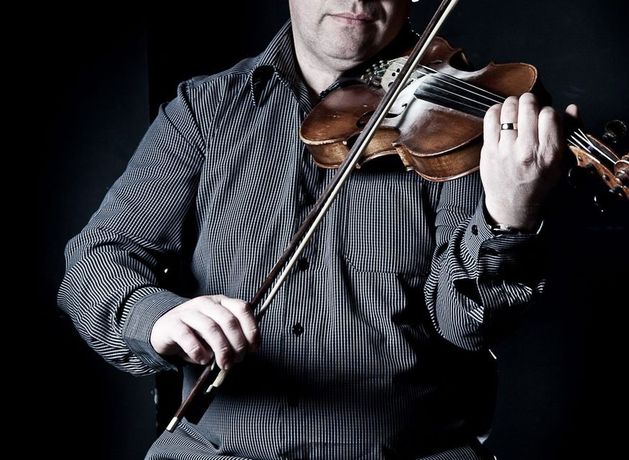Fitness
Suffering for their art: Irish musicians have high prevalence of playing-related injuries

File image.
They produce the sweetest sounds but Ireland’s classical and trad musicians are paying a price in pain affecting their hands, shoulders, neck and other parts of the body.
The first study intp playing-related musculoskeletal disorders (PRMDs) among classical and Irish traditional third level music students in Ireland has found a high prevalence of injuries.
It involved 120 musicians, 85 of whom were female and 17 were traditional players.
For classical music the most common instrument was the keyboard and 61pc reported a history of PRMDs. 37 reported a one-week prevalence. Lifetime prevalence affected string players more than those on keyboards.
The study was led by Aonghus Joyce of the School of Medicine in UCC and published in the Irish Medical Journal.
Females (67pc) were more frequently affected versus just under half (47pc) of men.
A history of PRMDs was associated with playing difficulty and restricted practice time within the last week.
Among traditional musicians, 71pc were female and 12 different instruments were reported. Nine of this cohort had experienced PRMDs.
They included two concertina players, two flute players, and individual instances of bodhrán, bouzouki, harp, tin whistle and uilleann pipes. The most frequent site affected was the hand and wrist.
The study authors said the findings show substantial negative consequences of PRMDs for musicians. The scale of disorders emphasises the need for the development of appropriate preventive and treatment interventions to mitigate the prevalence and impact of PRMDs.
Risk factors identified for the development of PRMDs included playing a string instrument and female gender. This is in line with international research and provides a rationale for the implementation in Ireland of interventions developed internationally to prevent, treat, and palliate PRMDs.
Similarly, any effective interventions developed in Ireland could be recommended internationally, they said.
The role of gender when dealing with PRMDs is highlighted by several associated findings in this study. These include the more than two-third majority of female students in both classical and traditional styles, and the increased cumulative impact on the experience of PRMDs reported by female participants.










